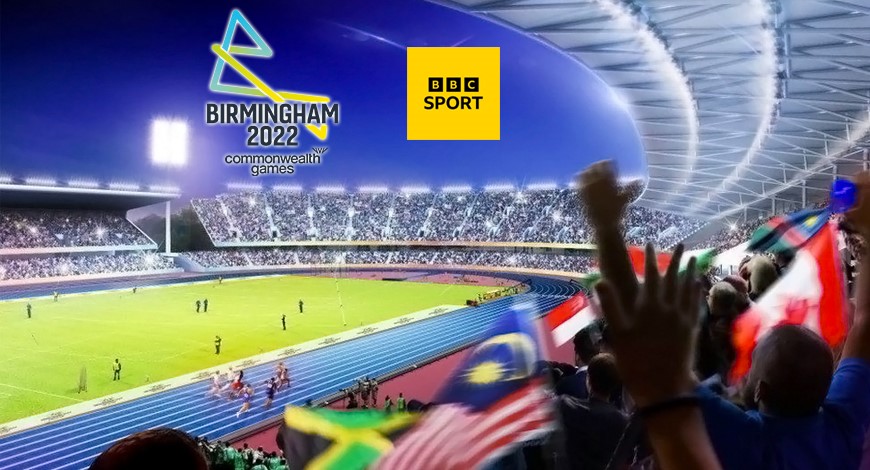BCS Stories
The Commonwealth Games and BBC

The Commonwealth Games, saw BBC test 5G standalone non-public networks to provide live pictures from the centre of Birmingham.
BBC worked with British Telecom to provide the network in Birmingham’s Victoria Square to screen the arrival of the Queen’s Baton as part of a record-setting 57.1m streaming audience achieved during the Games duration.
Birmingham 2022 was streamed six times more than the previous Commonwealth Games, Gold Coast 2018, with the highest peak on linear coverage set at 6.6m during the swimming events on day three and 5.2m for the Opening Ceremony.
BT deployed the trailer variant of its portable private network, which provides bespoke 5G coverage and low latency to provide more effective connections than a ‘standard network’ in high-density coverage areas such as events with large crowds.
BT combined its trailer network with Vislink’s subsidiary Mobile Viewpoint UltraLink-Air 5G cellular encoders to roam the event and deliver uninterrupted, low latency video feeds and bi-directional communication with the camera operator. Rather than broadcast cameras that connect to the outside broadcast solely using radio (RF) signals which rely on proprietary equipment, the private network enabled 5G connected cameras to roam freely within the area covered by the network.
BBC was the official broadcaster. They had an Augmented Reality (AR) add on which really enhanced the look of the studio, with a simulated coloured glass floor and ceiling design – it gave it a sense of greater depth and scale and allows for some really interesting camera moves.
BBC had all our galleries and post-production in its facilities at MediaCityUK in Salford. This Commonwealth Games had 20 sports which meant the broadcaster had enough capacity in its Quay House facilities to handle the incoming feeds, editing and fast-turnaround. The facilities in Quay House were also the production base for the last Commonwealth Games in Gold Coast as well as the last three Winter Olympics. In the BBC Birmingham offices at the Mailbox, a small team looked after logistics and filming, plus News and Nations & Regions, and at the International Broadcast Centre at the NEC they had a small area, predominantly to handle lines switching.
A few months ahead of the Games, a multi-platform team was producing around 50 films to use around the coverage. The majority were athlete-based but some were around the culture and history of Birmingham. The overall approach was to produce content that worked on digital and social outlets first and in the vast majority of cases they fit in with the TV output too.
Its main addition to the coverage was at the Athletics, where a small OB featuring a presentation platform and two additional cameras in the stadium was parked. The additional cameras helped BBC focus on home nations athletes in the build-up and aftermath of track races and followed their fortunes more closely in the field events.
Barbara Slater, Director of BBC Sport, commented: “All corners of the BBC have been right at the heart of the action in Birmingham for the Commonwealth Games and we are proud to have brought the best of the live action and medal moments to our audiences. In what has been an already unforgettable summer of sport, we are thrilled to achieve a record-breaking Games and to further showcase Birmingham as a dynamic, exciting city with a truly rich heritage.”





